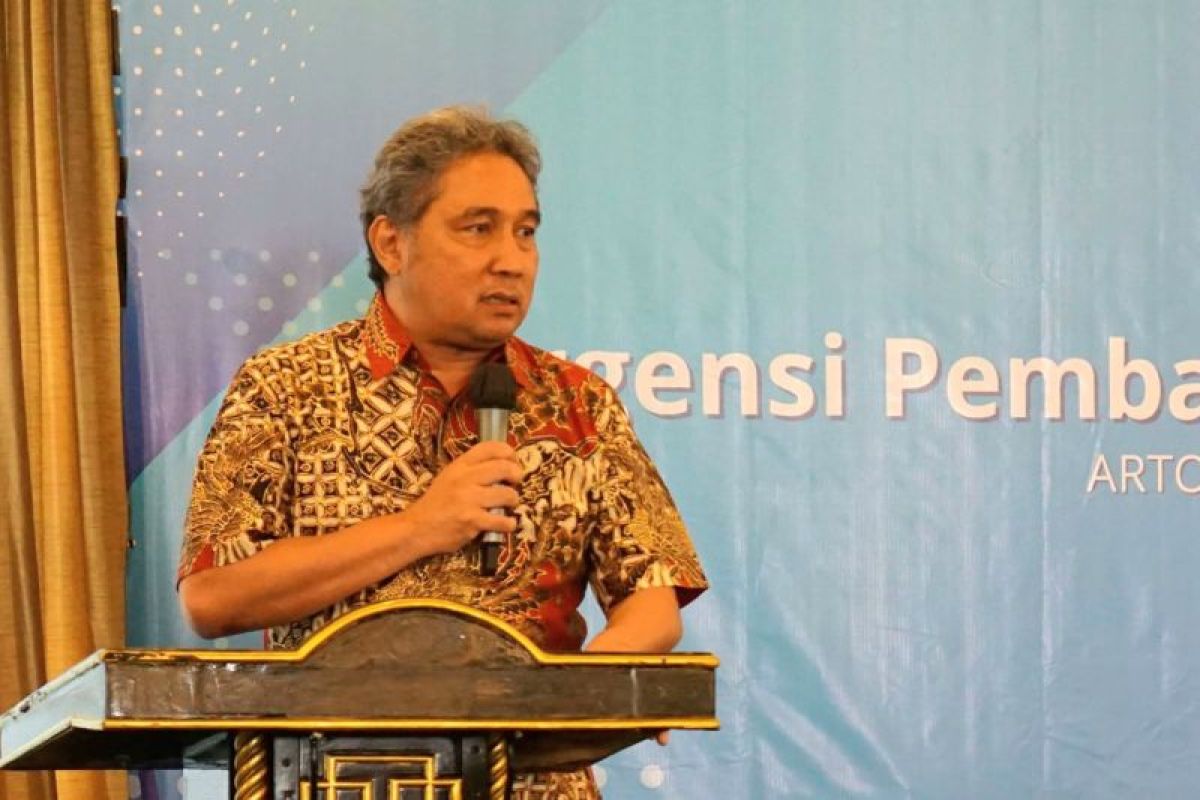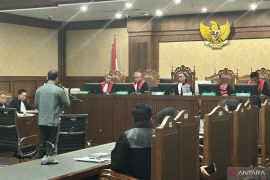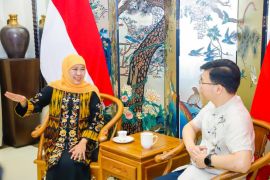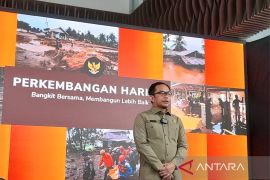Jakarta (ANTARA) - The Education, Culture, Research, and Technology Ministry's director general of culture, Hilmar Farid, on Thursday highlighted the importance of having cultural managers in each region to build better understanding of local cultural wealth and biodiversity.
"If you want to improve the cultural governance and policy in the future, you need to first know what exactly is our wealth. If we know that, the (cultural) governance will lead to the wealth utilization, and this requires cross-field cooperation," he said while delivering a public lecture at Gadjah Mada University in Yogyakarta on Thursday.
At the lecture, which was followed online by ANTARA from here, Farid explained that the issuance of Law Number 5 of 2017 concerning Cultural Advancement has been a milestone in cultural transformation.
Baca juga: YBA-Wanita Buddhis Indonesia selenggarakan pertunjukan seni budaya anak Buddhis Afrika
"At first, there were many rejections (of the law and questions like) why do you want to regulate culture? Culture is something that lives in society, why regulate it which is (akin to) limiting it?” he recalled.
"While from the other point of view, if we do not manage the culture well, then we will be vulnerable to (being influenced) by other cultures, so this debate is endless," he said.
Therefore, with Law No.5/2017, strengthened by Government Regulation (PP) Number 87 of 2021, the concept of cultural advancement has come to the surface.
According to him, they will serve as the basis for all stakeholders to advance culture in each region, and not just focus on defining culture.
"We have to think with a new approach about what should be governed and how to do it. Hence, cultural promotion starts," he said.
He explained that cooperation in the cultural field must not be limited to people engaged in the field, but other fields as well such as anthropologists and historians.










